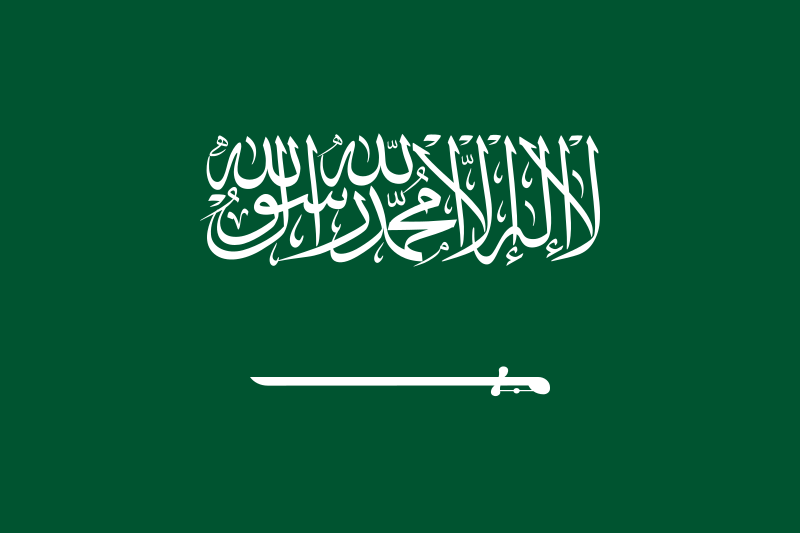
Riyad Bank’s chief economist, Naif Al-Ghaith, highlighted the hiring surge, noting the highest rate since 2014. Companies responded to robust demand for their goods and services by bolstering their workforce, indicating business confidence in sustained consumer interest and governmental support for economic diversification. Such activity aligns with Saudi Vision 2030, a long-term initiative aimed at reducing the country’s dependency on oil exports, supporting new industries, and enhancing the job market. Efforts are particularly visible in sectors like hospitality and tourism, which play a key role in attracting international investment and visitors.
Despite the positive PMI indicators, Saudi Arabia’s broader economy has faced challenges from the energy sector, which encountered a contraction in the third quarter following voluntary oil production cuts aimed at stabilizing global prices. As the largest oil exporter, Saudi Arabia reduced production by one million barrels per day in July, a move that tempered overall GDP growth. Yet, the resilience of the non-oil sector, now a central pillar of the Kingdom's economic strategy, helped offset some of this impact.
Topics
Spotlight
